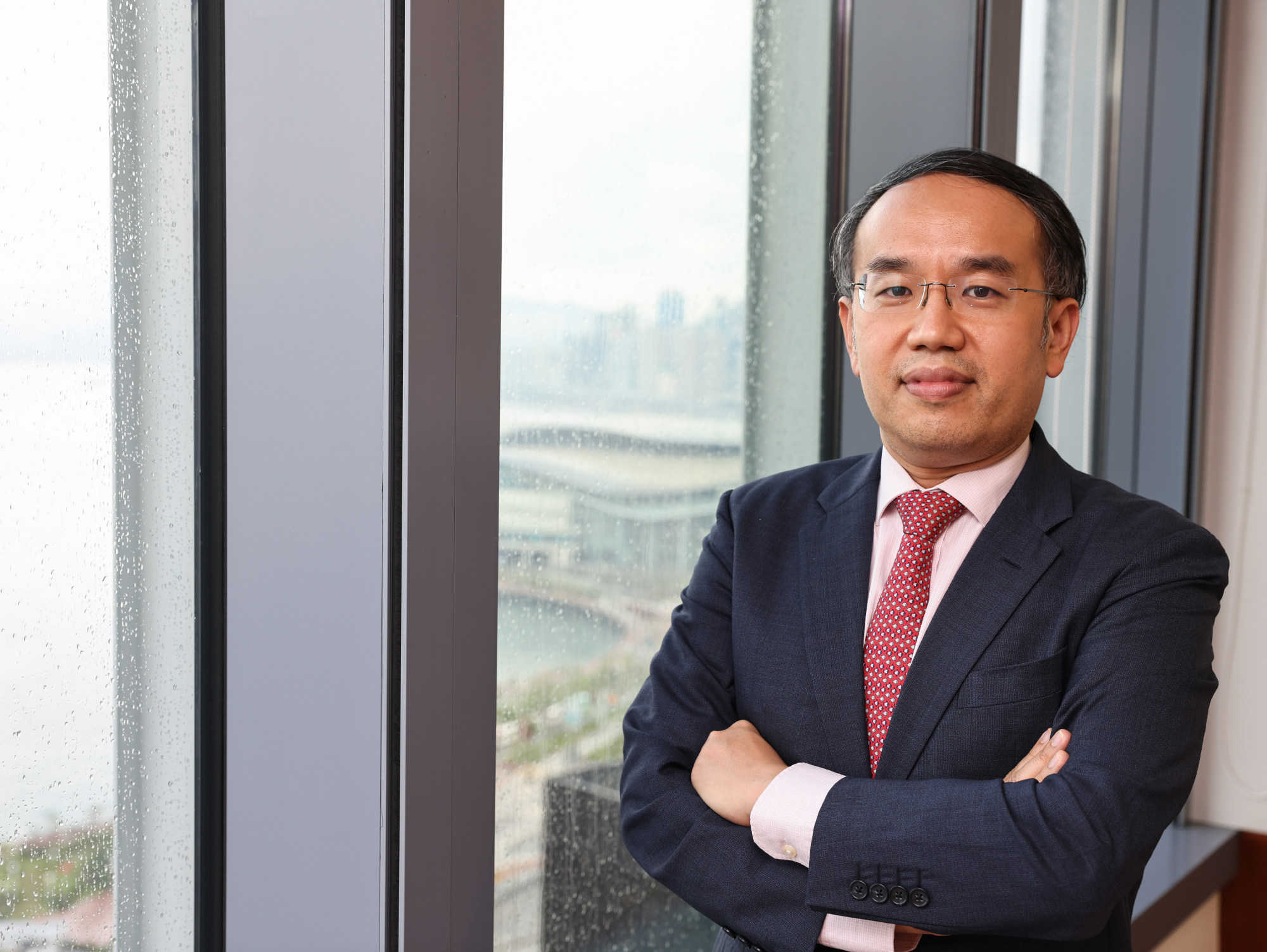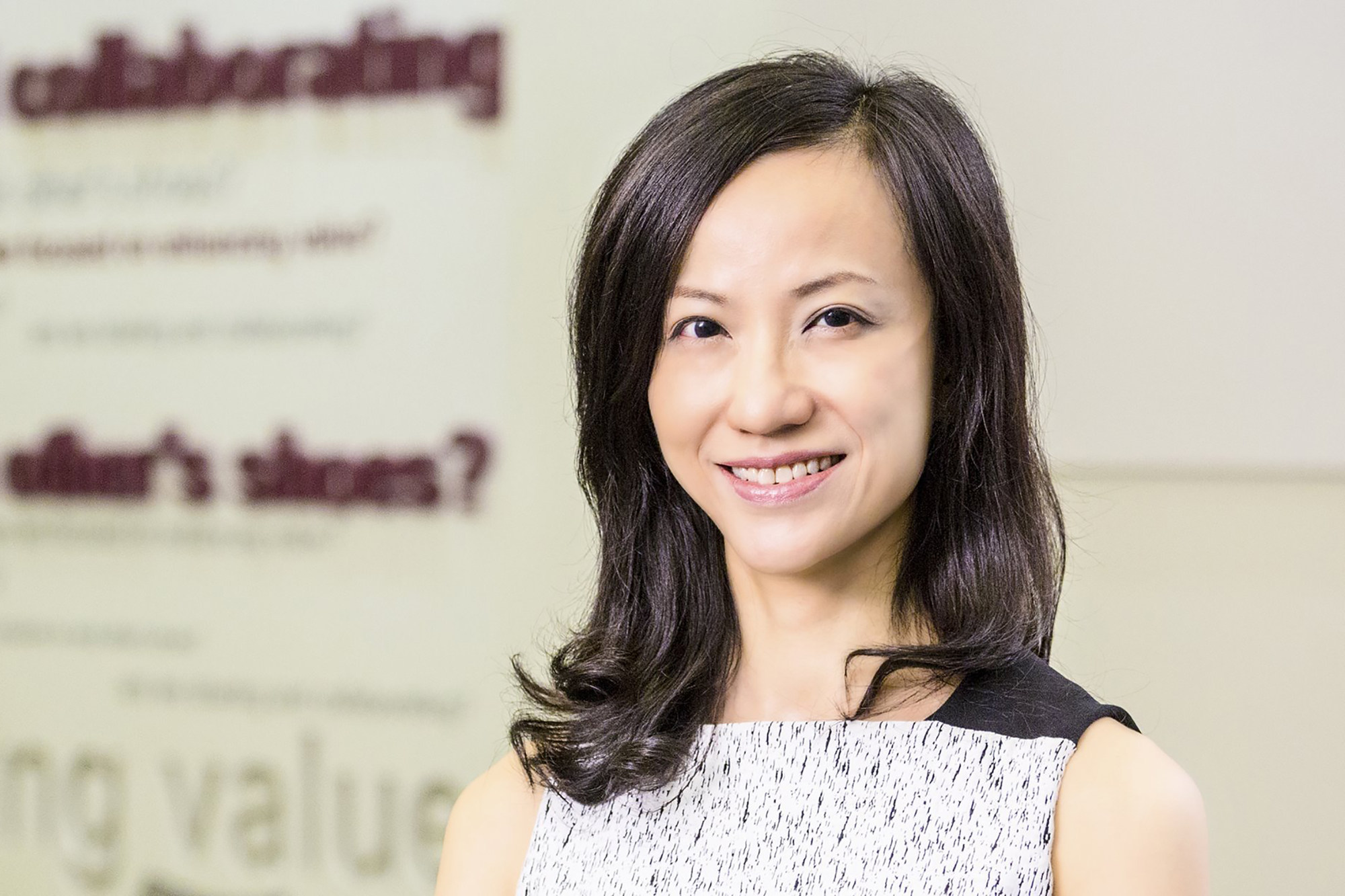
Exclusive | Hong Kong set to host historic US-China audit meeting but city yet to resolve accounting dispute with Washington
- Hong Kong’s regulator will assist US inspectors when they arrive in the city this month, says Christopher Hui, Secretary for Financial Services and the Treasury
- The audit accord, however, will not solve the mutual recognition of accountants between Hong Kong and the US, which needs separate talks
Inspectors from the US Public Company Accounting Oversight Board (PCAOB) will arrive in the city in mid-September to examine the auditing work of select US-listed mainland Chinese companies after regulators from both sides signed an agreement last Friday.
“The mutual recognition pact is more about professional qualification, which has nothing to do with the audit accord,” Hui said in an exclusive interview with the Post.

Accountants said separate talks would be needed to resolve the mutual recognition agreement, which expires in December.
The Hong Kong Institute of Certified Public Accountants (HKICPA) and the US International Qualifications Appraisal Board (IQAB) have been unable to resolve Hong Kong’s requirement for overseas accountants to have at least one year’s work experience in the city.
The Hong Kong and US accounting guilds first signed the deal in 2011 and renewed it in 2020. The pact allows Hong Kong-certified accountants to practise in the US without the need to requalify, and vice versa.
The IQAB wants the one-year working experience requirement waived, but the HKICPA rejected it in May, insisting that overseas accountants must have local work experience.
“Since the PCAOB and IQAB are two different and independent bodies, the discussion with respect to the mutual recognition lies with IQAB, [and is] therefore a separate process,” said Loretta Fong Wan-huen, president of the HKICPA, which represents more than 47,000 accountants in the city.

The mutual recognition impasse and the audit dispute come as ties between Washington and Beijing have recently deteriorated to their lowest level in decades. Last Friday’s accord is a step in the right direction, analysts said.
The agreement marks the first time Beijing will allow overseas inspectors to review audit papers of Chinese companies, addressing PCAOB’s complaint about being unable to check audit quality.
Some 168 Chinese companies, listed in the US with a combined market value of US$1.5 trillion as of June, were audited by 15 Hong Kong and mainland accounting firms registered with the PCAOB, according to the Securities and Exchange Commission (SEC), the US regulator.
Who’re you calling a cheat? China rebuts US fraud claim with overture
Next, the PCAOB is expected to hand a list of mainland companies’ audit work it would like to check to the China Securities Regulatory Commission, three accounting sources told the Post. The Chinese regulator will provide the required documents after redacting sensitive information such as addresses, names of factories or other personal information, they said.
The PCAOB is likely to focus on the Big Four accounting firms – Deloitte, PwC, EY and KPMG – as they audit over 130 of the 168 US-listed mainland firms, representing over 78 per cent of the total.
The PCAOB inspectors will check the documents at the Hong Kong offices of the accounting firms, the sources said. The PCAOB and the Big Four declined to comment.
Hong Kong is the choice of inspection venue as it has more relaxed quarantine rules for travellers than mainland China, the sources said.
“Even without Covid quarantine rules, the inspection may need to be in Hong Kong as there are a certain number of Hong Kong accounting firms that have acted as auditors of US-listed Chinese companies,” Hui said.
SEC adds more than 80 Chinese firms to list liable under auditing law
“The compromise allowing the audit files to be transferred to Hong Kong and be inspected by the PCAOB inspectors shows Hong Kong’s role as an international finance centre under ‘One Country, Two Systems’,” said Tong, a veteran accountant and former chairman of KPMG China.
HKICPA’s Fong said the accord would send “a positive signal to the capital market” and “ease the risks of potential delisting of China-based US-listed entities”.
“As the inspection is going to take place in Hong Kong, the city, therefore, plays a key role in allowing open and mutual communications among the regulators and the firms under inspection,” she said.

